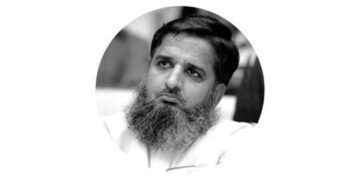![]() Follow Us on Google News
Follow Us on Google News
Human smuggling and organ trade are not new terms for the people living in Pakistan. Recently, Punjab Police announced the apprehension of several suspects believed to be involved in harvesting kidneys of brick kiln workers. Exploiting the vulnerability of their impoverished victims, the criminals lured them with promises of lucrative employment, only to transport them to Rawalpindi under the pretext of conducting required ‘medical tests’ for these fraudulent ‘jobs.’ Unbeknownst to the victims, this was a ploy to unlawfully extract their organs.
According to police officials, the victims received meager compensation, often just a few hundred thousand rupees, for parting with their kidneys. In a similar operation in October, another gang led by a notorious surgeon was dismantled. Despite the doctor’s multiple arrests, he consistently evaded legal consequences. The Punjab caretaker chief minister revealed that this particular gang charged locals Rs3 million for a kidney transplant, while foreigners had to pay Rs10 million, underscoring the substantial scale of the illegal organ racket.
These unscrupulous actors target the most vulnerable segments of society. In some cases, organs are harvested without the victims’ knowledge, while in others, individuals willingly surrender their organs for modest sums. Many of these individuals are burdened by debt and belong to the most impoverished strata of society.
Raids to dismantle gangs involved in this reprehensible trade must persist nationwide. While Pakistan has made progress in distancing itself from being a top destination for ‘transplant tourism,’ there is still much work to be done. Provincial health bodies, law enforcement agencies, and the criminal justice system must collaborate to dismantle these exploitative networks and prevent the harvesting of organs from desperate individuals.



















